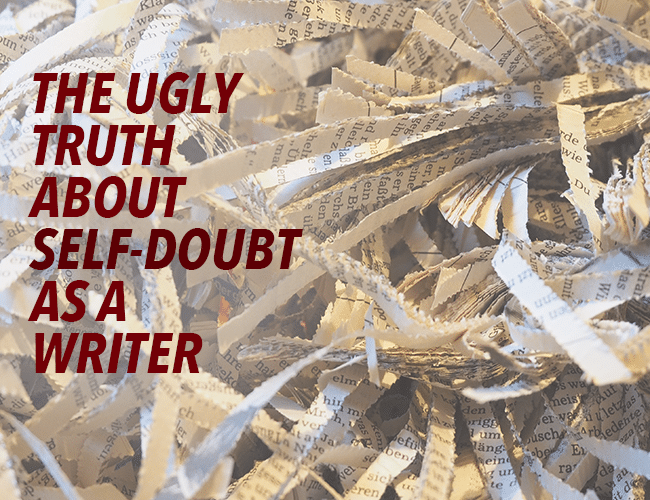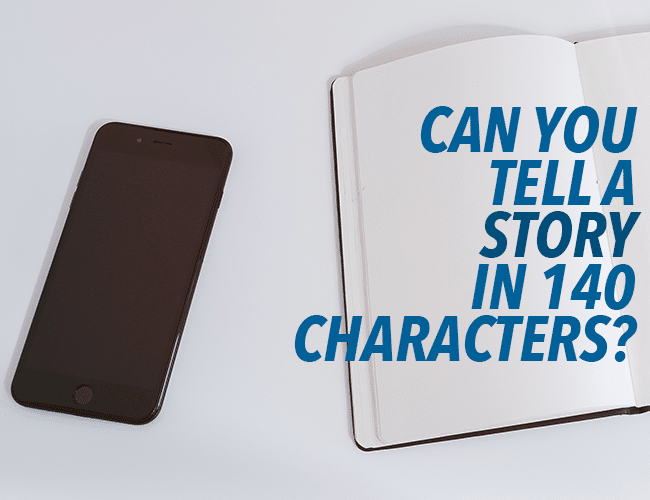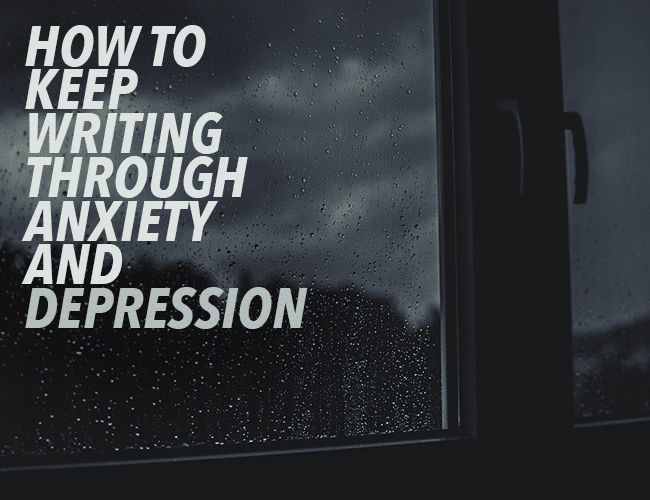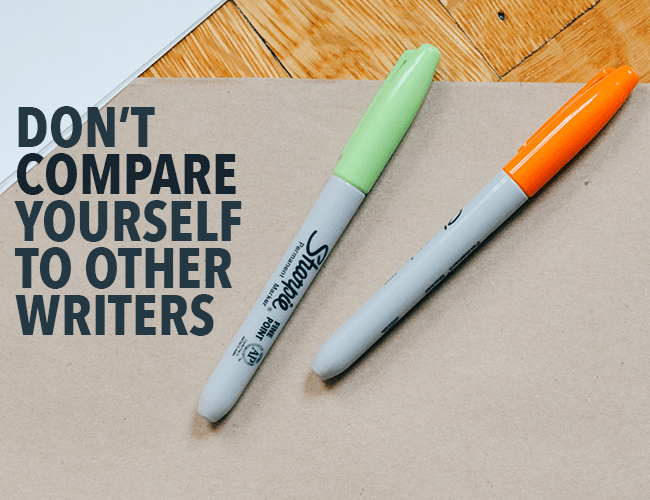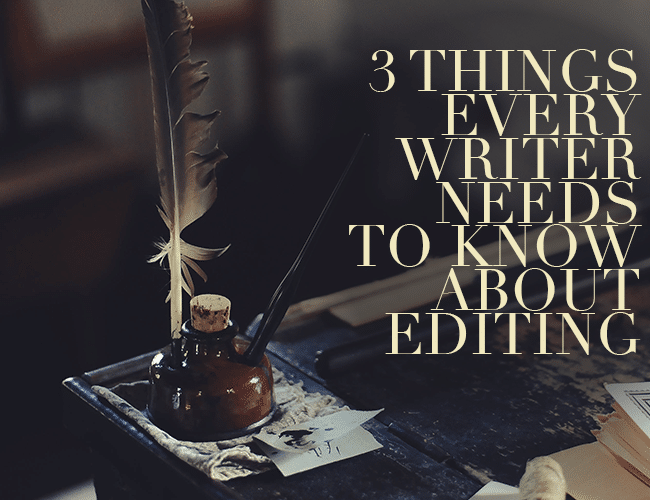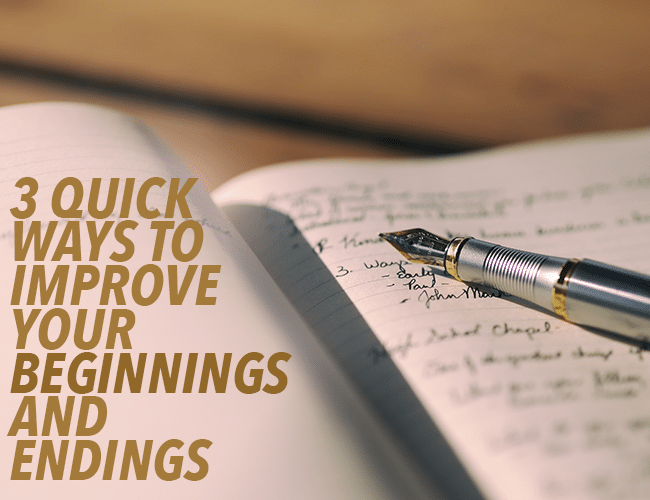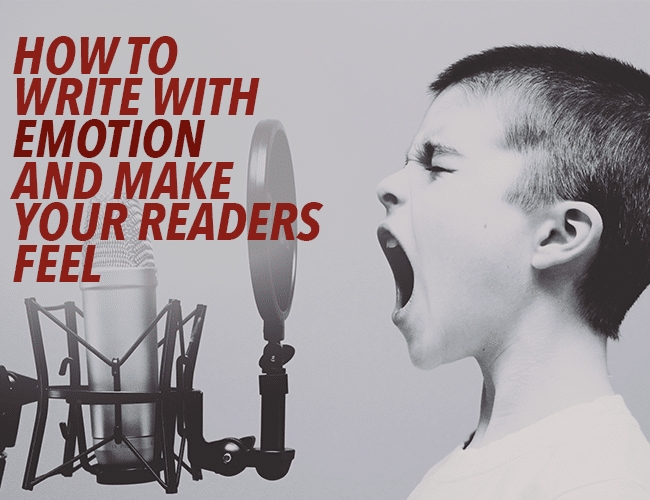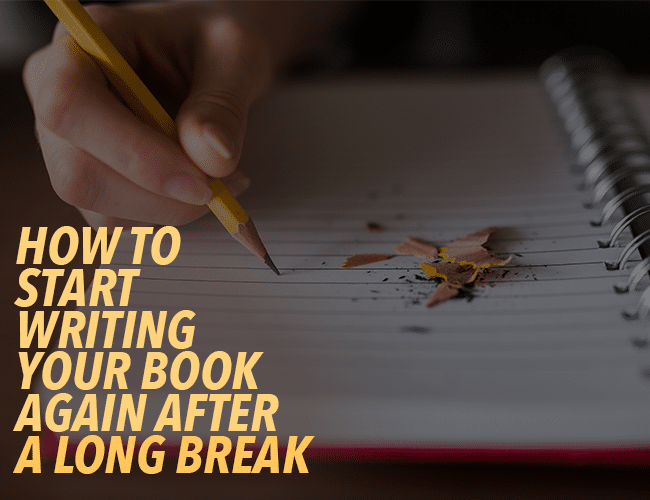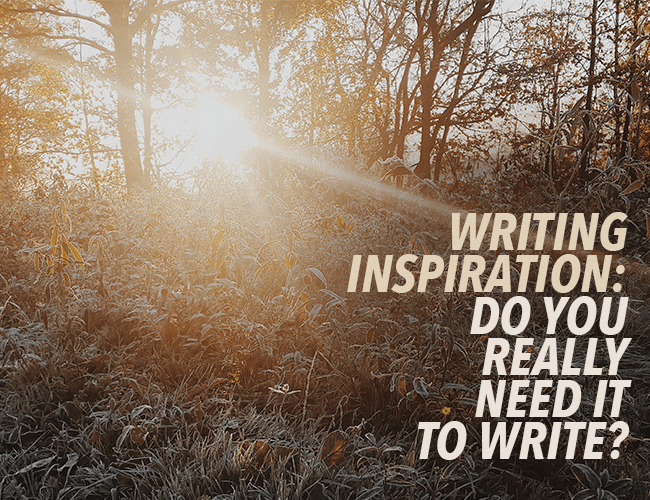Today’s topic won’t be a comfortable one. I’m going to address an issue I’m pretty sure you don’t want to hear—but by the time I’m done, you’ll be armed, better prepared, and stronger than you were. And what is this uncomfortable topic? Self-doubt.
No matter what you do, your doubt as a writer will never go away.
